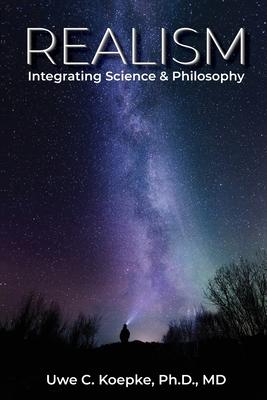Classically, science and philosophy were subsumed under the study of "natural philosophy". Scientific progress over time, especially the advances in the study of the brain-mind, has made a transcendent based ontology largely incompatible to one based on realism. The concepts of science can foster a complete philosophical system, albeit without the absolutism of theological concepts. Ontology, with an emphasis on emergence, explains how atoms can lead to life and mind. "Knowledge" is seen to be a specific mental model created by individual brains. The term must not be confused with "information". There is no "mind-body problem". Mind is an activity; body is a material structure. In "Evaluation" we show that the complex human brain allows for the comparison of different models, including those concerning an imagined future. These abilities along with the instinctual-emotional aspects of the brain-hormonal systems inform our concepts of aesthetics and ethics. "Toward Wisdom" then explores how these emergent processes of the brain-mind can be the foundation for ethics. It is found that neither absolutes, nor reductive simplicity are warranted. The necessary incompleteness of information makes the search for the best life an incompletable task. But improvement of concepts is possible and must be sought if life is to be anything other than 'brutish and short'.
An extensive Glossary is included to facilitate understanding.
